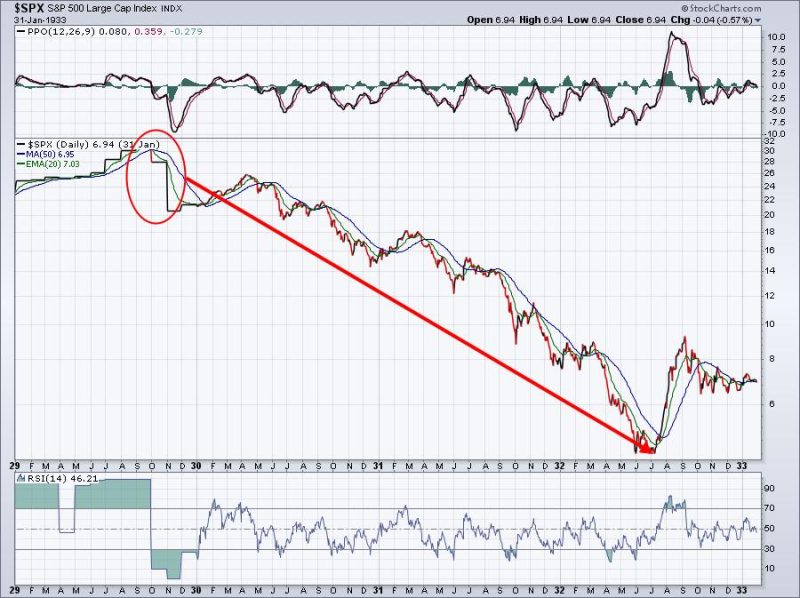In the world of investing and finance, the question of whether U.S. stocks could crash in October looms large as investors and analysts try to anticipate market movements. Historical trends have shown that October is a month that has seen some significant market downturns, such as the infamous Black Monday in 1987 and the financial crisis of 2008. These events have made many cautious about the month’s potential impact on the stock market.
One aspect to consider when evaluating the potential for a stock market crash is the current state of the economy. Factors such as interest rates, inflation, employment data, and corporate earnings can all influence market sentiment and impact stock prices. If economic indicators begin to show signs of weakness, investors may become more nervous and start to sell off their holdings, potentially triggering a market downturn.
Additionally, geopolitical events and external factors can also play a role in market volatility. Uncertainty surrounding trade wars, political instability, or natural disasters can spook investors and lead to sharp declines in stock prices. The current global climate with ongoing trade tensions and geopolitical uncertainties could potentially contribute to market instability in the coming months.
Another factor to consider is investor sentiment and market psychology. The fear of a market crash can sometimes become a self-fulfilling prophecy if enough investors start to panic and sell off their holdings en masse. Market psychology plays a significant role in determining market movements, and if investors start to lose confidence in the market, it could exacerbate a potential downturn.
However, it’s essential to remember that predicting market crashes is notoriously difficult, if not impossible. Stock markets are complex and influenced by a multitude of factors, making it challenging to forecast with certainty what will happen in the future. While historical trends can provide some guidance, they are not a guarantee of future performance.
Ultimately, the key for individual investors is to stay informed, remain diversified in their investments, and be prepared for market fluctuations. Having a long-term investment strategy and not succumbing to knee-jerk reactions based on short-term market movements can help investors weather potential storms in the stock market.
In conclusion, while the question of whether U.S. stocks could crash in October is a valid concern given historical events and current market conditions, it’s essential for investors to approach the situation with caution and a level head. By staying informed, diversifying investments, and having a long-term perspective, investors can navigate potential market downturns and stay on track towards their financial goals.

